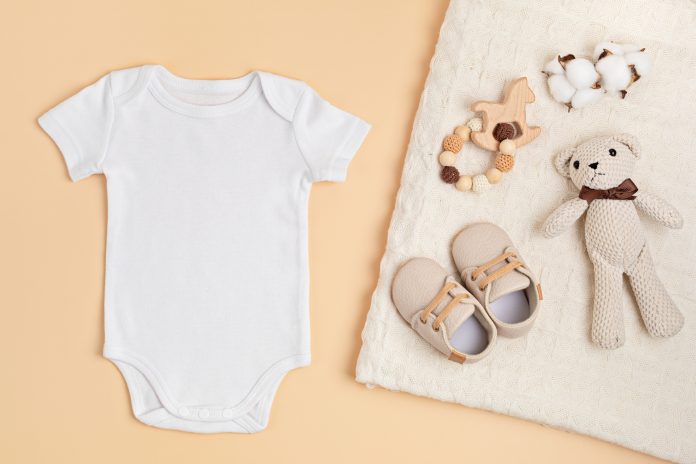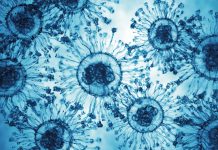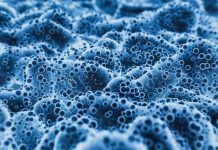Toxic chemicals have been found in many eco-friendly children’s products – including clothing, bedding, and furniture containing PFAS chemicals
Researchers say that finding products for children that are non-damaging and free of toxic chemicals is getting increasingly more difficult – even those which are labelled as ‘eco-friendly’.
Many children’s products, particularly those which are labelled as water- or stain-resistant, are most likely to contain toxic chemicals with Perfluoroalkyl and Polyfluoroalkyl Substances (PFAS).
PFAS are a class of more than 9,000 chemicals that companies add to a wide variety of consumer products to make them non-stick, waterproof, and stain-resistant. In addition to items such as carpets, upholstery, and apparel, PFAS are also used in everyday items such as non-stick cookware, food packaging, cosmetics, and even dental floss.
This study demonstrates that even in products marketed to parents with green certifications, harmful PFAS chemicals which were not listed on the label can still be an issue for consumers.
Health effects from PFAS can include cancers, thyroid disease, high cholesterol, low birth weight, and asthma.
Further evidence also suggests that PFAS can suppress the immune system and weaken the effectiveness of childhood vaccines and the body’s ability to fight infections.
PFAS were detected most in upholstered furniture, clothing, and pillow protectors
Companies often take advantage of those looking for products labelled as “green” or “nontoxic” when trying to avoid toxic chemicals. To counter this, researchers looked for an effective strategy for avoiding products with PFAS or whether there are other ways of determining if a product contains PFAS.
Published in the journal Environmental Science & Technology, the Silent Spring team tested 93 different products often used by children and adolescents, including bedding, furnishings, and clothing – specifically including products that were labelled as stain-resistant, water-resistant, “green” or “nontoxic.”
Using a rapid screening method to test the products for fluorine, which is a marker of PFAS, they found 54 products containing detectable levels of fluorine.
The highest concentration was found in a school uniform shirt. Products advertised as water- or stain-resistant, even those labelled as “green” or “non-toxic,” were more likely to contain fluorine and also have higher concentrations of fluorine compared with other products.
“Customers should be able to trust that the retailers where they shop sell products – especially those marketed for children – that are not laden with PFAS forever chemicals.”
Co-author Dr. Laurel Schaider, senior scientist at Silent Spring Institute, said: “Children’s bodies are still developing and are especially sensitive to chemical exposures. It makes sense that parents would want to steer clear of products that contain ingredients that could impact their children’s health now and in the future.”
Most products with PFAS chemicals came from China
The researchers went on to then test another subset of products for 36 different PFAS chemicals. PFAS were found only in products labelled as water- or stain-resistant, regardless of whether they were marketed as “green” or “nontoxic.”
Green certifiers need to begin including PFAS in their criteria. Green certifications are created by third-party organizations and offer assurances that a product does not contain certain harmful chemicals. However, certifications vary in their safety standards and they don’t all cover the same list of chemicals.
Co-author Kathryn Rodgers, a doctoral student at Boston University School of Public Health, said: “These are products that children come into close contact with every day and over a long period of time. Given the toxicity of PFAS and the fact that the chemicals don’t serve a critical function, they should not be allowed in products.”
Mike Schade, director of Toxic-Free Future’s Mind the Store program, finalised: “Retailers also must play a role in ending this toxic trail of pollution.
“Market power is built on trust. Customers should be able to trust that the retailers where they shop sell products—especially those marketed for children—that are not laden with PFAS forever chemicals.”











